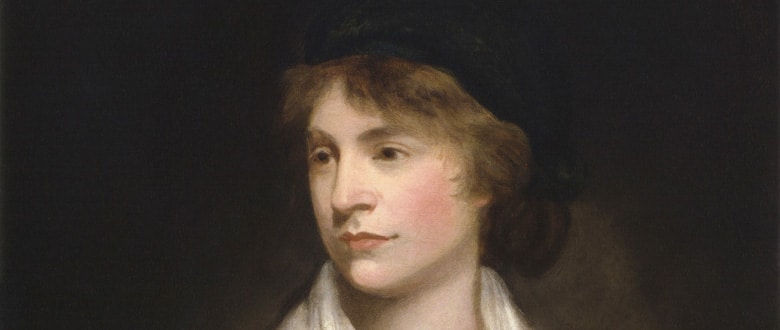I wish to persuade women to endeavour to acquire strength, both of mind and body… I wish to show that elegance is inferior to virtue, that the first object of laudable ambition is to obtain a character as a human being, regardless of the distinction of sex. – Mary Wollstonecraft, A Vindication of the Rights of Woman Introduction Mary Wollstonecraft (1759 – 1797) was an English author and feminist whose A Vindication of the Rights of Woman is a pioneering text of feminist philosophy. Her main target is the Swiss-born …
False desires have no stopping point – a classic reading from Seneca’s ‘Moral Letters’
Stoicism is a philosophical tradition founded by Zeno of Citium towards the end of the fourth century BC. Stoicism held that the world is not just a collection of material particles, it is animated by an active rational principle (logos), and the good life consists in living in accord with nature. For the Stoics, to live in accord with nature means to live virtuously and guided by reason. The Roman philosopher Seneca was strongly influenced by Stoicism. In this passage from his ‘Moral Letters’, he discusses some of the key …
Bertrand Russell on the Value of Philosophy – a short reading from Russell’s ‘The Problems of Philosophy’
Introduction Bertrand Russell (1872-1970) was a British philosopher and social critic best known for his work in mathematical logic and as a popularizer of philosophy. In this passage from The Problems of Philosophy, Russell acknowledges that many men think that philosophy is useless because it is unable to produce definite answers to the questions it addresses. He argues that the value of philosophy is to be “sought largely in its very uncertainty”. Those who do not study philosophy are “imprisoned by the prejudices” of the society in which they were …
On Truth – a short reading from Nietzsche’s ‘On Truth and Lie in an Extra-Moral Sense’
Introduction Friedrich Nietzsche was a German philosopher, essayist and social critic. He is famous for his uncompromising critique of traditional moral and religious conventions. In this passage from On Truth and Lie in an Extra-Moral Sense, Nietzsche provides an account and critique of the nature of truth. He questions how a drive for truth could have arisen given that the function of our intellect is not to find the truth but ensure our survival, and to survive in society, we frequently use our intellect to engage in deception, often self-deception. …
Class Struggle and Exploitation – a short reading from Marx and Engels’ ‘Communist Manifesto’
The Communist Manifesto is a political pamphlet written by Karl Marx and Friedrich Engels in 1848. It contains a mixture of advocacy, theorizing, and historical narration. A central idea of the Manifesto is that capitalist society is based on an antagonistic relationship between two social groups: the bourgeoisie, who own the means of production and the proletariat, who do not own the means of production and must therefore sell their labour in order to make a living. Historically, political and cultural institutions have advanced the interests of those in power; …

